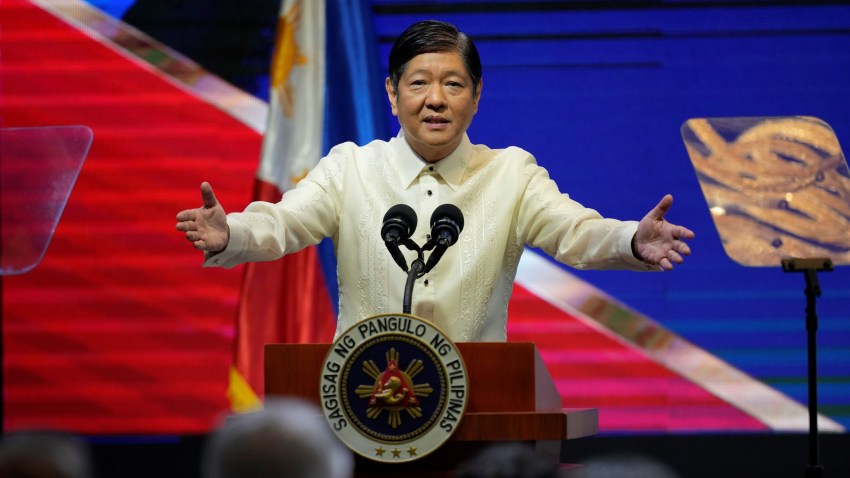Just over a year ago, Philippine President Ferdinand Marcos Jr. took office following his emphatic victory in the country’s May 2022 election. Coming 50 years after his father established a dictatorship in the Philippines and 36 years after the elder Marcos was deposed, it was a stunning comeback for the notorious dynasty, which oversaw decades of rampant corruption and widespread human rights violations in Southeast Asia’s second-most-populous nation.
But fed up with half-hearted political reforms and the lack of inclusive development, the Filipino electorate catapulted the Marcos family back to power, with Marcos winning the largest share of the presidential ballot in contemporary Philippine history. Meanwhile, his elder sister—Maria Imelda Marcos, known as Imee—secured a spot in the Philippine Senate, the upper house of the country’s legislature.
“We’re surprised we’re back in style,” gushed Imee Marcos shortly after the election, herself amazed by the surreal turn of events. It was a triumphant moment not only for the Marcoses, but also their key allies, including the family dynasty of his predecessor, former President Rodrigo Duterte, which was instrumental to the election’s outcome. At the same time, however, the return of the Marcos family to the Malacanang Palace triggered fear and trembling among opposition figures and activists, as well as many foreign observers, all of whom braced for the worst.

